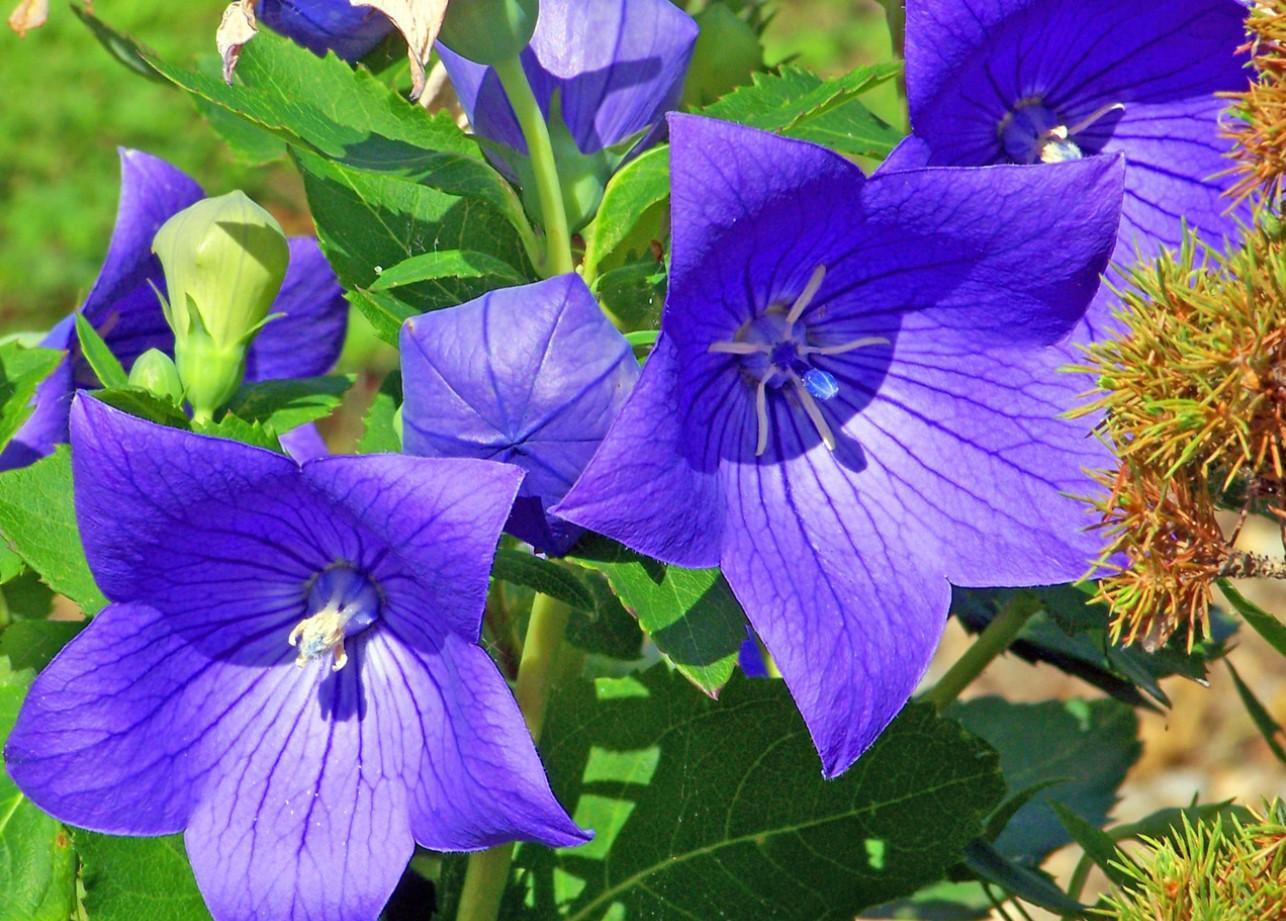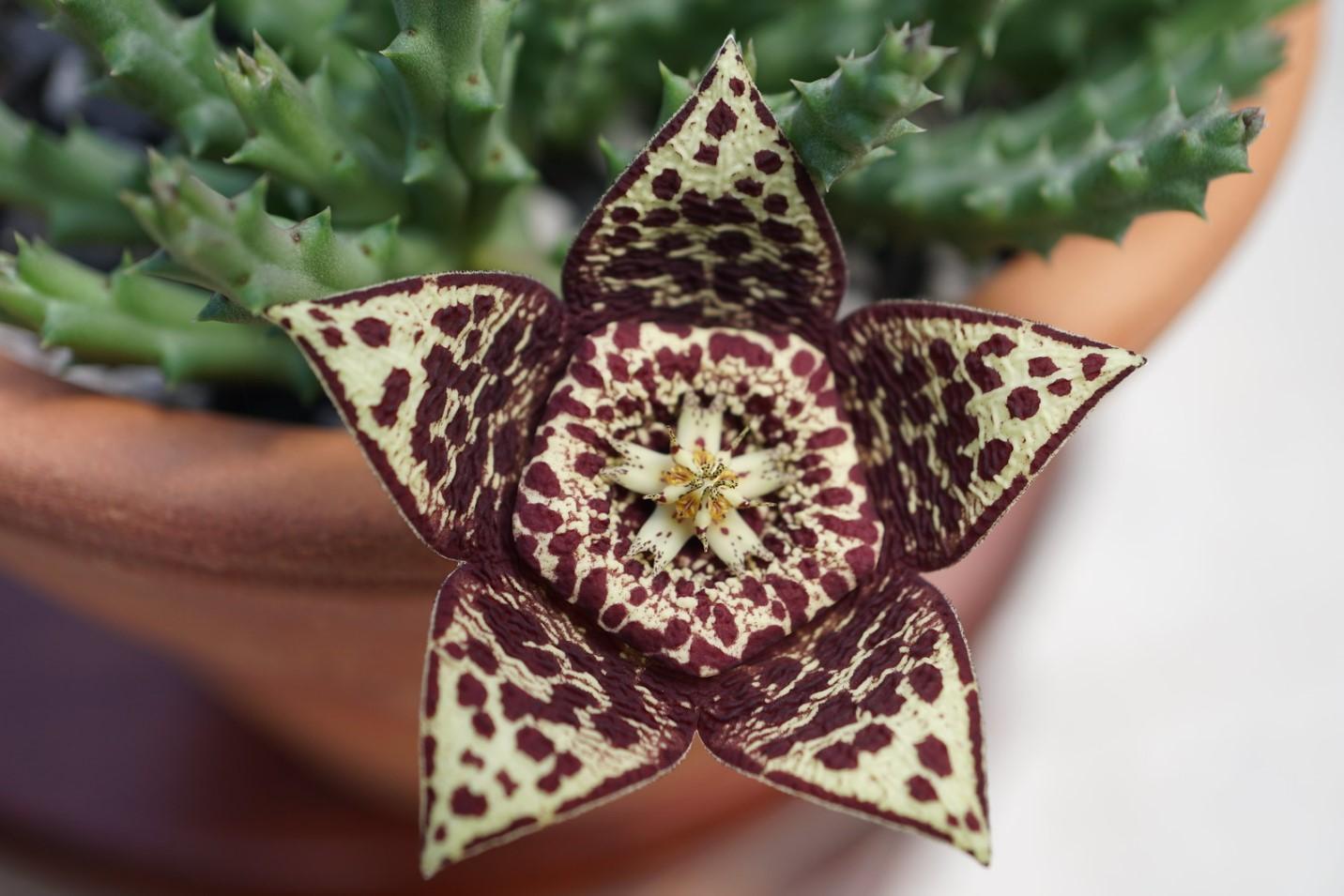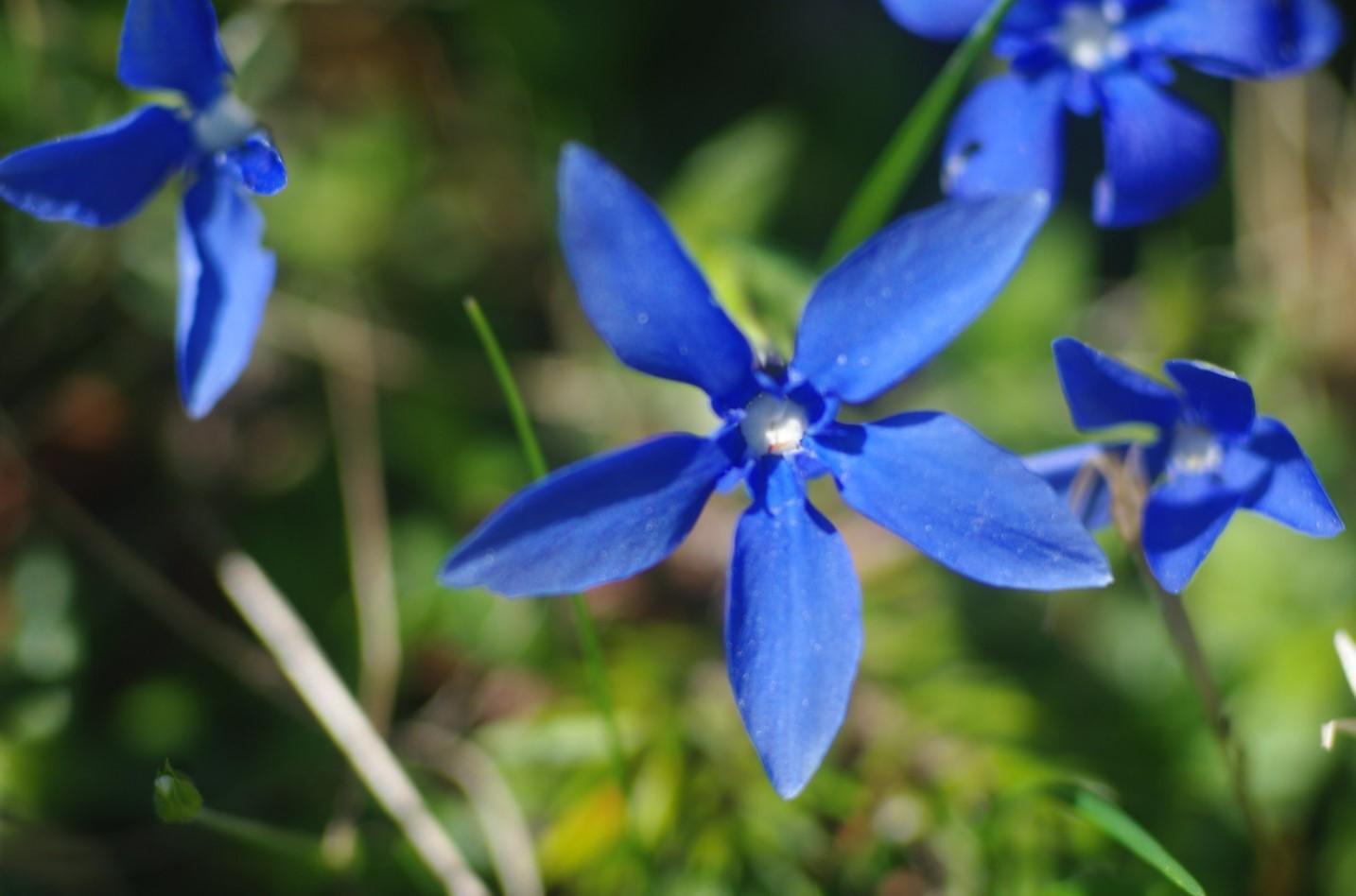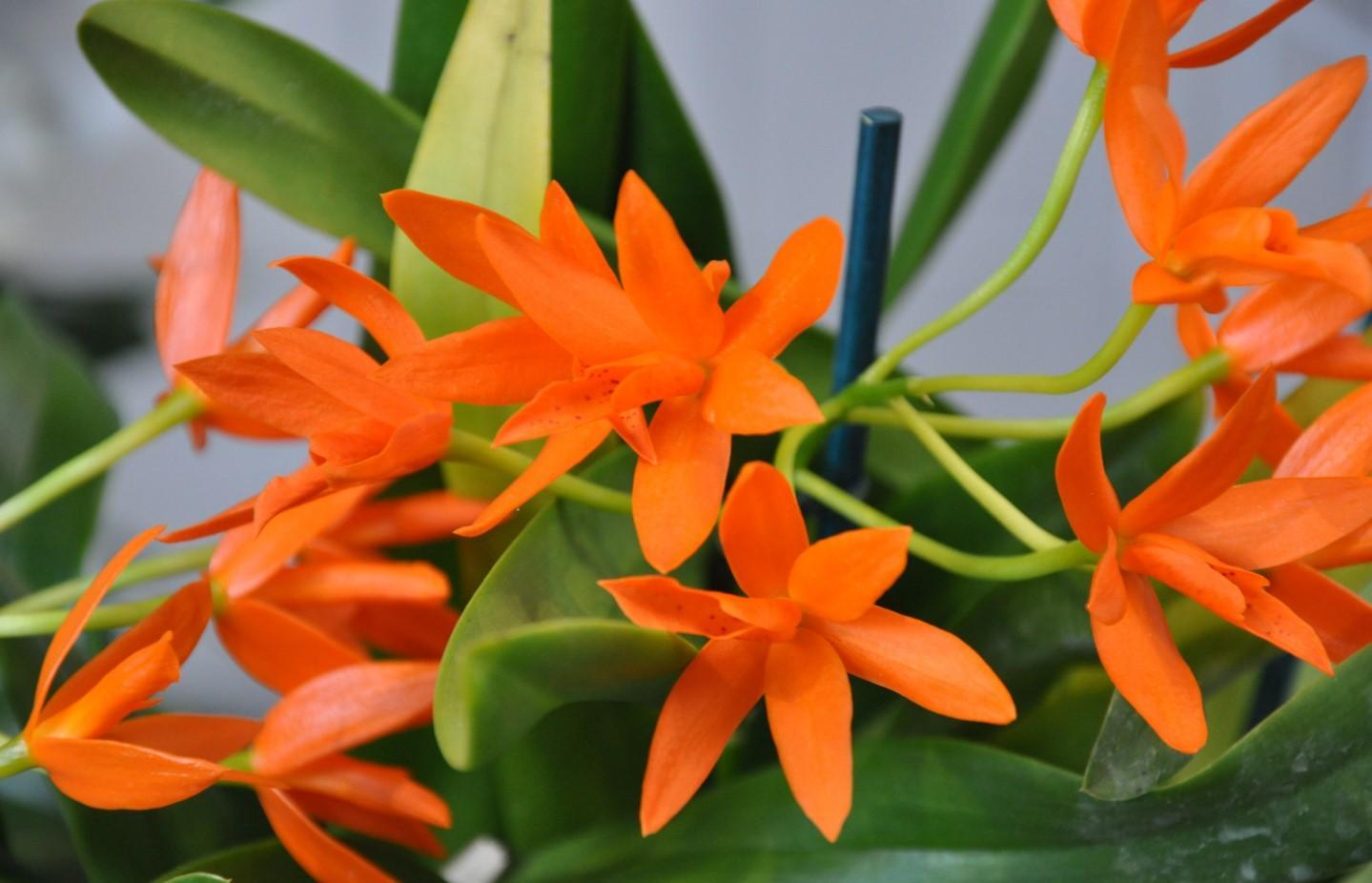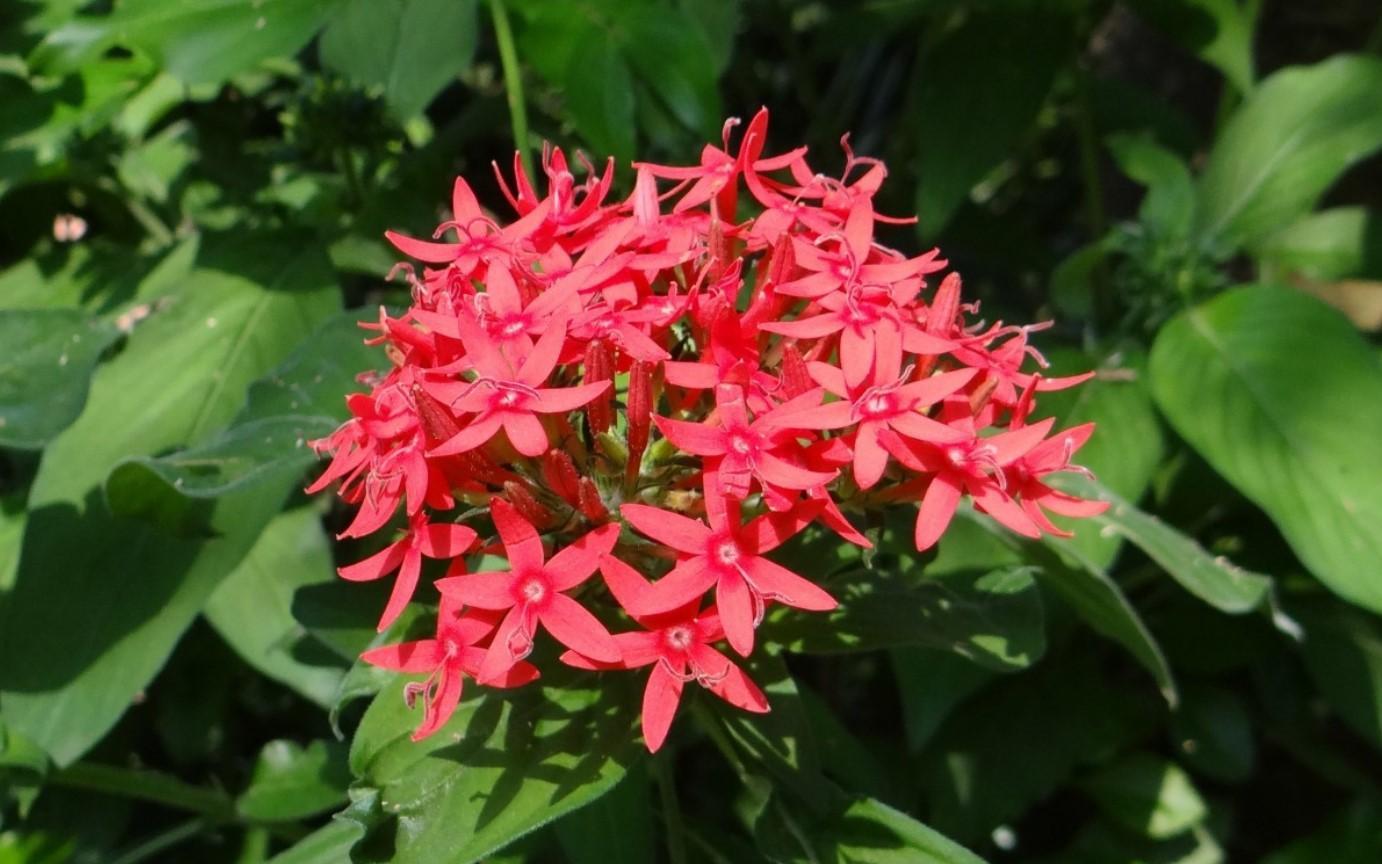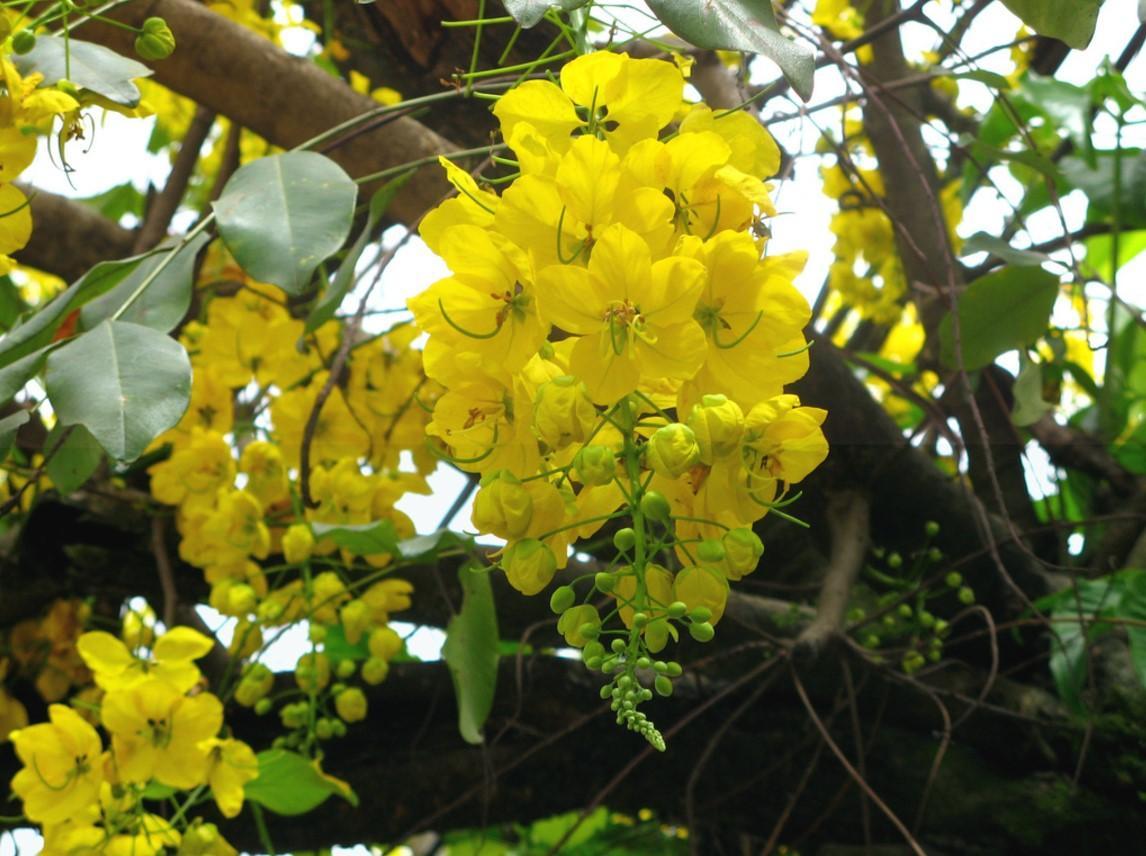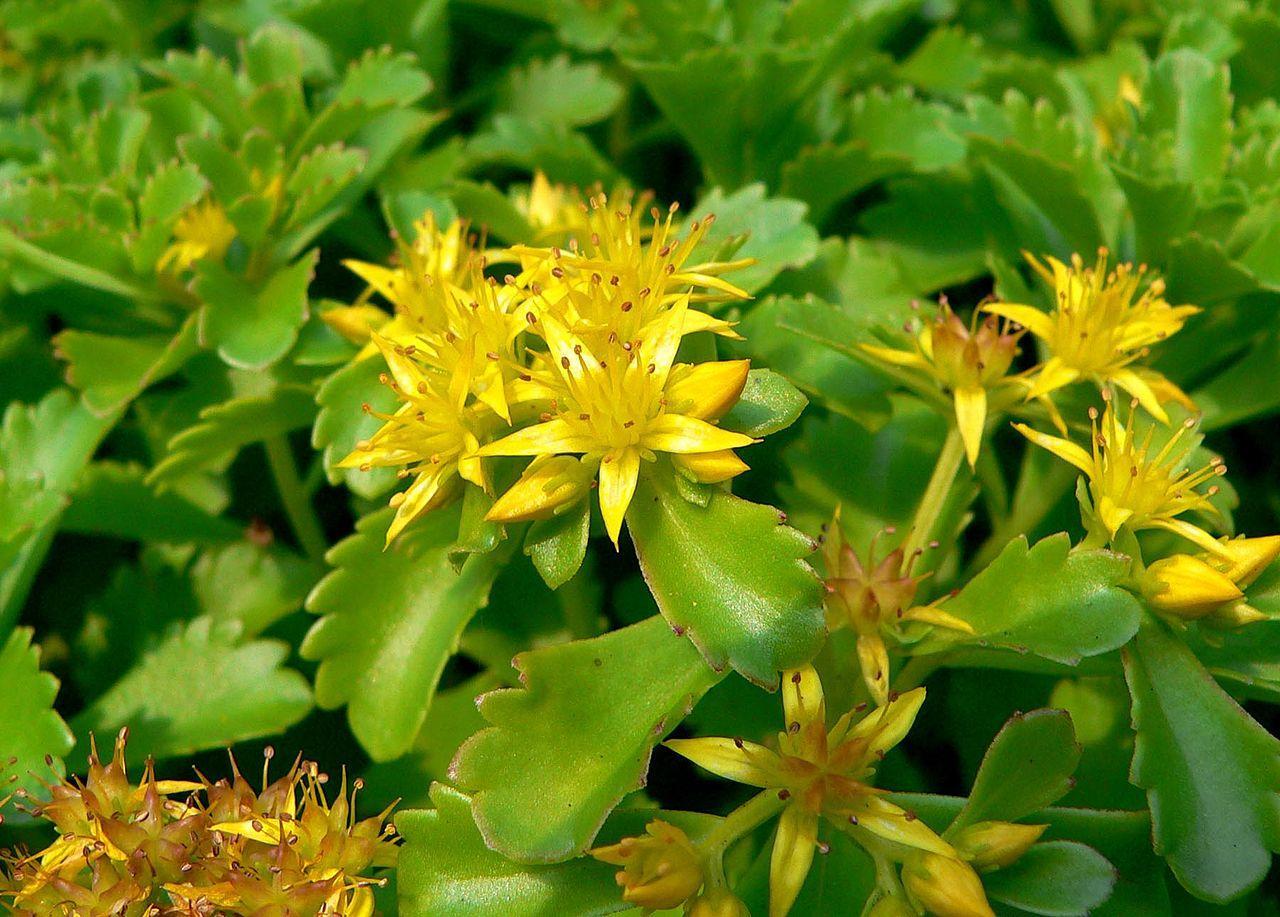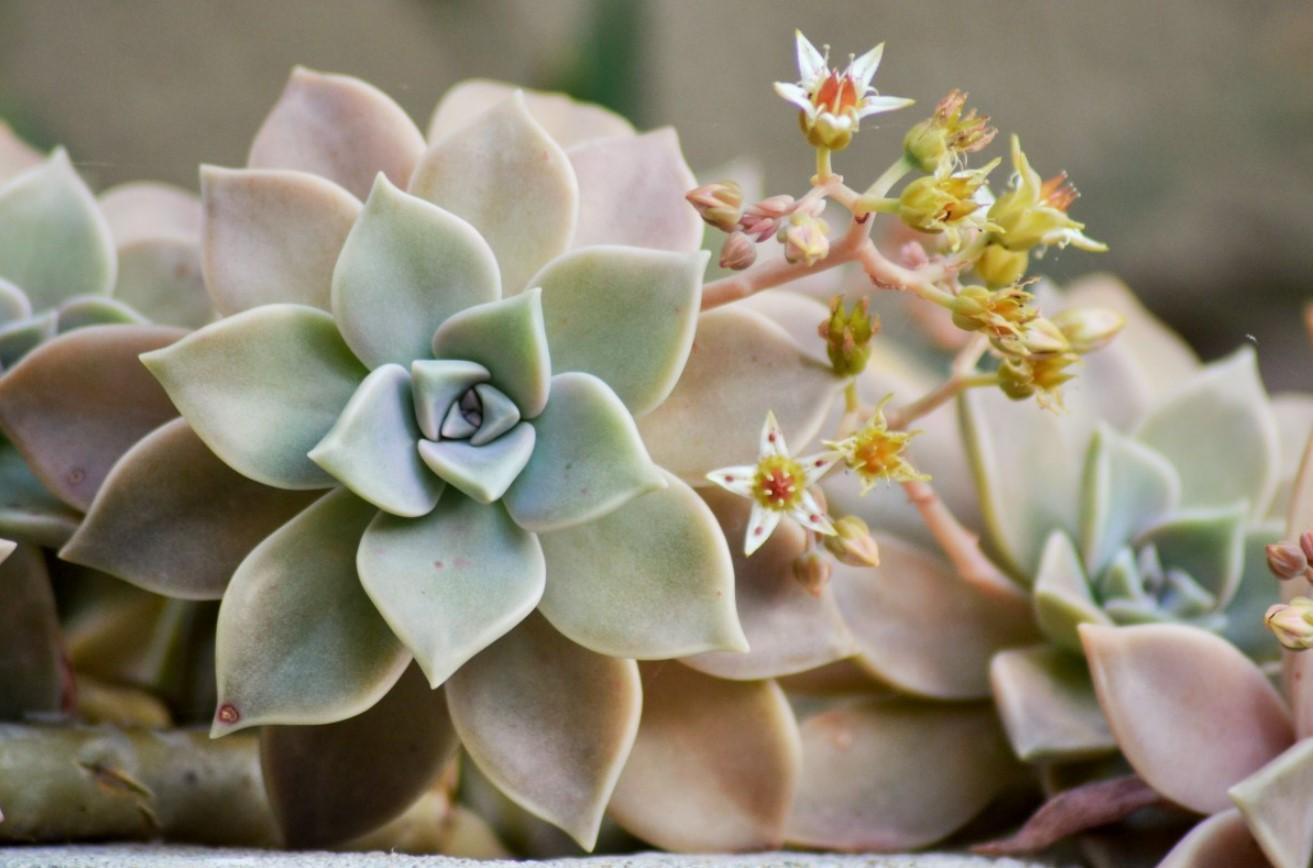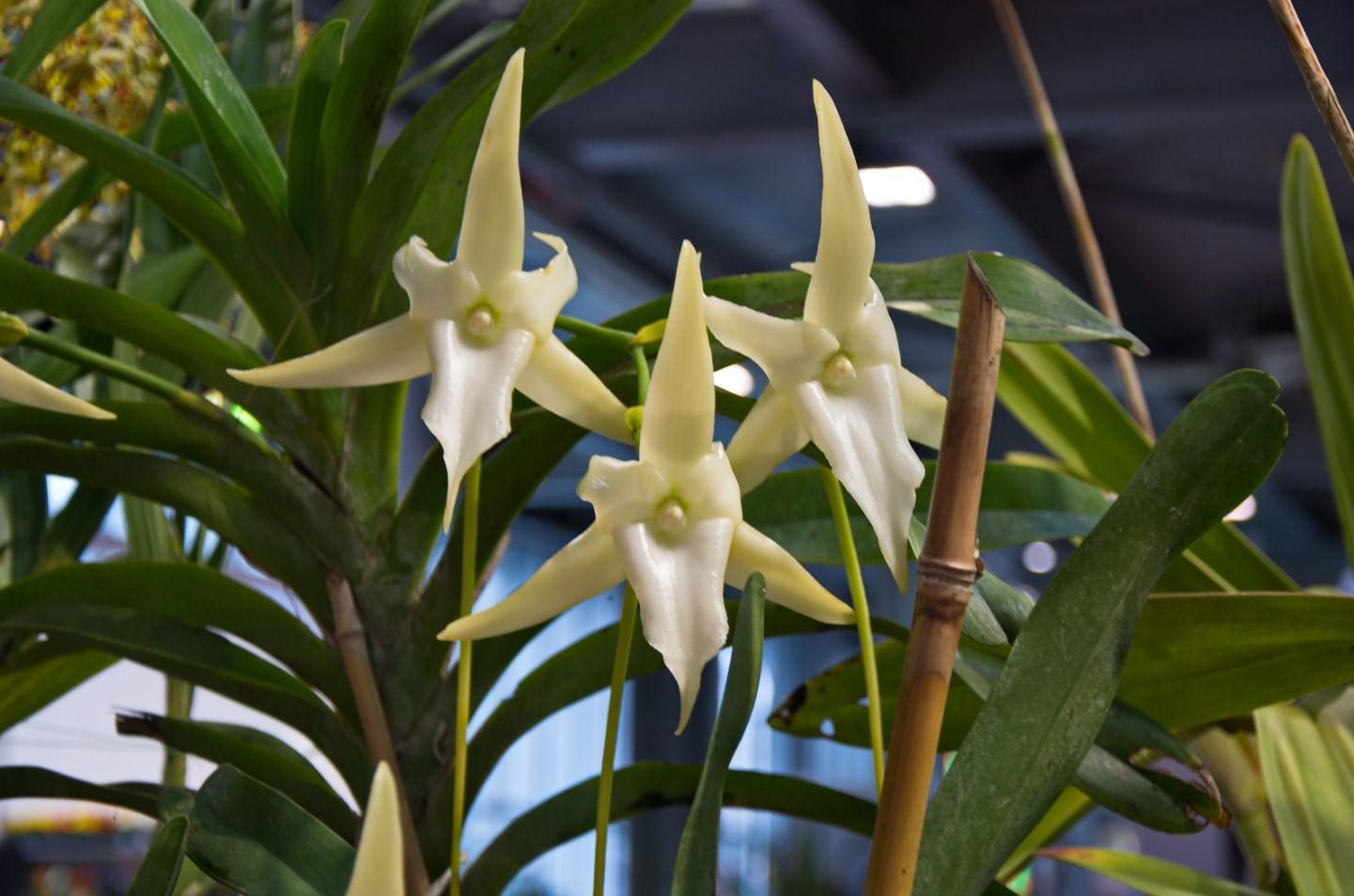Flowers That Look Like Stars

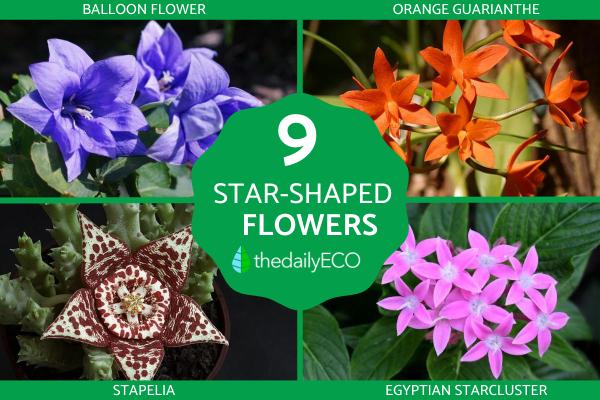
Flowers are fascinating not only because of their beautiful colors, but also because of their unique shapes. Star-shaped flowers are especially fascinating because of their distinct shape, which resembles a star. These flowers are characterized by their petals that radiate outward, creating a star-like shape that can be captivating and eye-catching. Star-shaped flowers are especially popular in floral arrangements because they add unique visual interest that can enhance the overall design.
The following article from thedailyECO, lists the most popular star-shaped flowers and some of their main characteristics.
Balloon flower or Chinese bellflower
Platycodon grandiflorus, commonly known as balloon flower or Chinese bellflower, is a herbaceous perennial native to East Asia.
In midsummer, Platycodon grandiflorus forms showy, balloon-shaped buds that eventually burst open to reveal star-shaped flowers that resemble bell-shaped balloons. The color of the flowers ranges from white to blue to pink to purple. The flowers last for many weeks and are very attractive to pollinators such as bees and butterflies.
Platycodon grandiflorus is a relatively low maintenance plant, preferring full sun to partial shade and well-drained soil. It tolerates drought and is fairly resistant to pests and diseases.
Continue reading this other article if you want to learn more about other low-maintenance purple flowers.
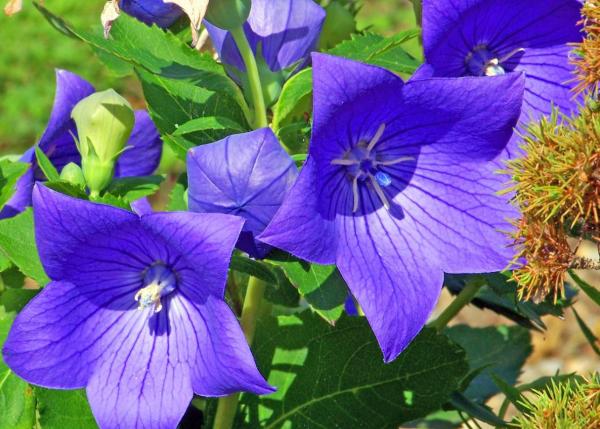
Stapelia
Stapelia is a genus of succulent plants belonging to the Apocynaceae family. The plants are native to various regions of Africa and are known for their unusual, star-shaped, and foul-smelling flowers.
There are about 40 species in the genus, and they are commonly referred to as "carrion flowers" because of their characteristic odor, which resembles that of decaying flesh. This odor serves to attract carrion flies, which are the plants' primary pollinators.
The flowers are star-shaped and have five petals fused into a funnel-shaped structure. The petals are often hairy or have a velvety texture and are typically shades of yellow, brown, or red.
Stapelia plants are relatively easy to care for and are popular with collectors of succulent plants. They prefer bright, indirect light and well-drained soil that is allowed to dry out between waterings.
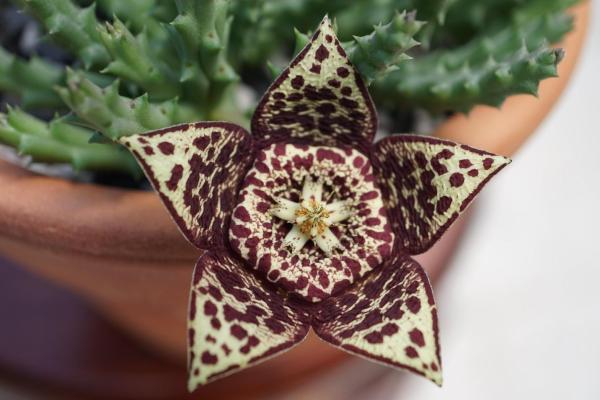
Spring gentian
Gentiana verna, commonly known as spring gentian, is a beautiful and unique flowering plant native to Europe. It belongs to the gentian family (Gentianaceae) and is known for its showy blue-purple flowers that bloom in spring.
The plant grows about 25 cm tall and has a basal rosette of leaves that are dark green and shiny. In early spring, the plant forms a stem that bears a single flower about 2-3 cm in diameter. The flower has five petals fused together and a characteristic tubular shape typical of the Gentiana family.
Gentiana verna is a relatively hardy plant that prefers well-drained soil and full sun to partial shade. It tolerates cold temperatures and often grows in alpine meadows and rocky areas.
Do not miss this other article where we listed 11 different types of spring bulbs.
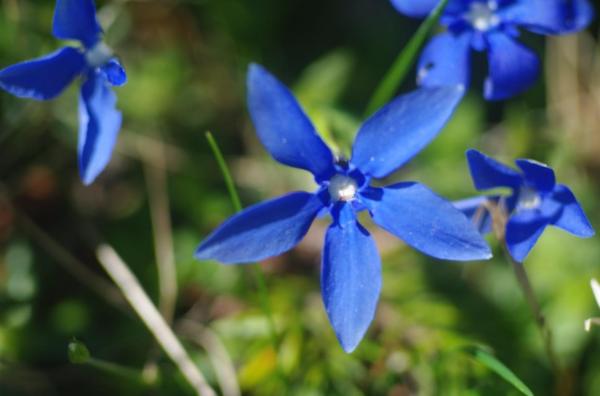
Orange guarianthe
Guarianthe aurantiaca, also known as orange guarianthe or orange-crowned orchid, is a stunning flowering plant native to Central America. It belongs to the orchid family (Orchidaceae) and is known for its striking orange flowers and fragrant scent.
In spring, the plant sprouts a tall flower spike that bears several flowers, each 6-8 cm in diameter. The flowers are bright orange and have a distinctive trumpet shape with a central lip fringed with yellow or white. The flowers also give off a sweet, citrus fragrance that is especially noticeable in the early morning or late evening.
Guarianthe aurantiaca is a relatively low-maintenance plant that can be cultivated both indoors and outdoors. It prefers bright, indirect light and well-drained soil that is kept moist but not excessively wet. It is also important that the plant is adequately ventilated to prevent the development of fungal diseases.
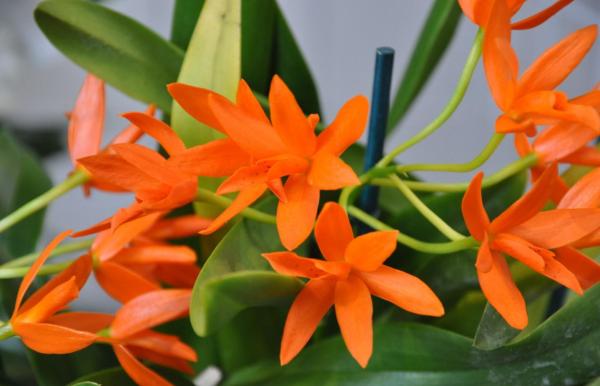
Egyptian starcluster
Pentas lanceolata, commonly known as Egyptian starcluster, is a beautiful flowering plant native to Africa. It belongs to the Rubiaceae family and is known for its star-shaped flower clusters that bloom in a variety of bright colors.
In summer and autumn, the plant forms clusters of flowers about 3-4 cm in diameter. The flowers have five pointed petals that radiate outward, giving them a star-like appearance. They come in a range of colors, including pink, red, white and lavender, and are attractive to butterflies and other pollinators.
Pentas lanceolata is a relatively low-maintenance plant that can be grown indoors or outdoors. It prefers full sun to partial shade and well-drained soil that is kept evenly moist. It is also important to remove the faded flowers regularly to encourage further blooming.
Do not overlook our other article, where we present a selection of popular white flowers that will make a great addition to your garden.
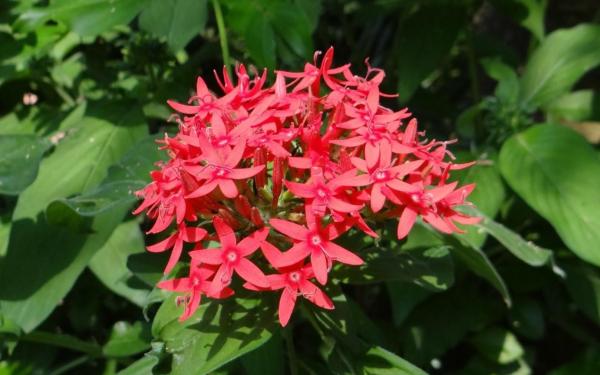
Golden shower tree or Indian laburnum
Cassia fistula, also known as the golden shower tree or Indian laburnum, is a beautiful flowering tree native to South Asia and Southeast Asia. It belongs to the Fabaceae family and is known for its stunning yellow flowers and medicinal properties.
The tree can grow up to 10–20 meters and has a spreading crown. In spring, the tree forms clusters of flowers that hang from the branches. The flowers are about 4-8 cm long and have five petals that are bright yellow, giving them a golden appearance. The flowers are also very fragrant, with a sweet, honey-like scent that is especially noticeable in the evening.
Cassia fistula is a hardy tree that is relatively easy to care for. It prefers full sun to partial shade and well-drained soil that is kept evenly moist. It is also important to prune the tree regularly to maintain its shape and promote healthy growth.
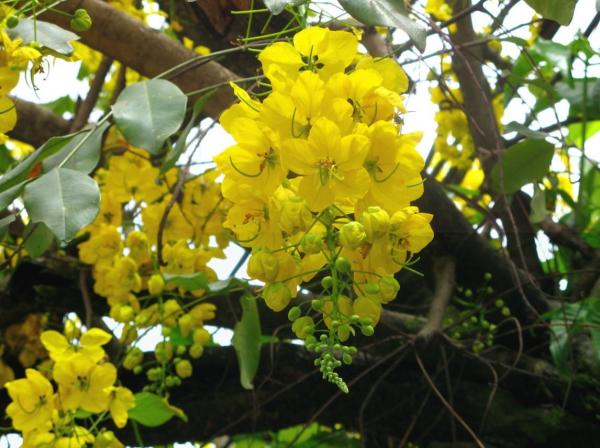
Orange stonecrop or Russian stonecrop
Phedimus kamtschaticus, also known as orange stonecrop or Russian stonecrop, is a low-growing, succulent perennial plant belonging to the Crassulaceae family. It is native to the Kamchatka Peninsula in the Far East of Russia.
In the summer months, Phedimus kamtschaticus forms clusters of small, star-shaped, yellow flowers that grow on upright stems above the foliage. The flowers are very attractive to bees and other pollinators.
Phedimus kamtschaticus is a hardy plant that tolerates a wide range of growing conditions. It prefers well-drained soil and full sun to partial shade. It is also drought tolerant and can survive dry periods without regular watering.
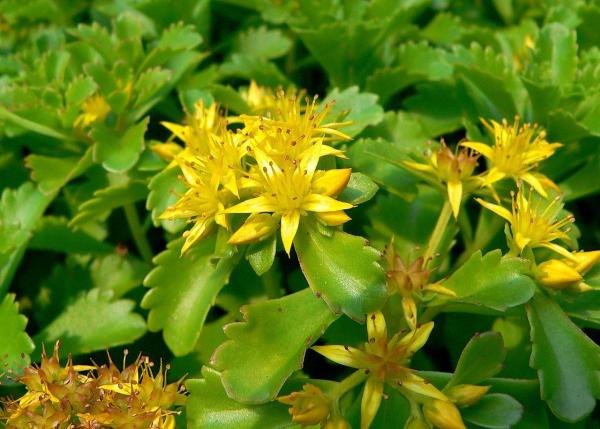
Ghost plant or mother-of-pearl plant
Graptopetalum paraguayense, also known as ghost plant or mother-of-pearl plant, is another succulent plant that belongs to the Crassulaceae family. It is native to Mexico and forms rosettes of fleshy, silvery-blue leaves that are often pink or purple.
This plant forms small, star-shaped flowers that grow on erect stems above the foliage. The flowers are usually pink or yellow and appear in the summer months.
Graptopetalum paraguayense is a hardy plant that prefers well-drained soil and full sun to partial shade. It is drought tolerant and can survive dry periods without regular watering.
Do not miss this other article where we explain the differences between cacti and succulents.
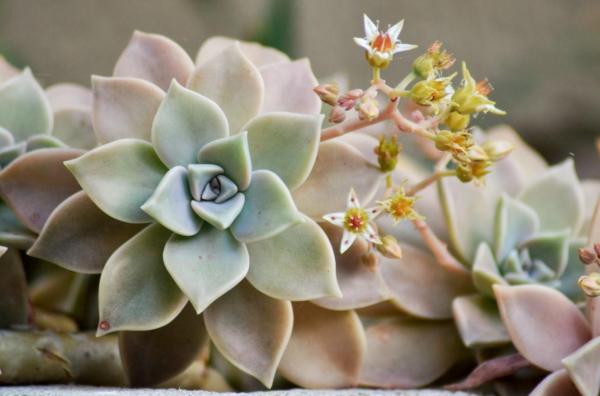
Darwin's orchid or Christmas orchid
Angraecum sesquipedale, commonly known as Darwin's orchid or Christmas orchid, is a unique and fascinating orchid species native to Madagascar.
One of the most distinctive features of Angraecum sesquipedale is the long nectar spur that protrudes from the back of the flower. The spur can be up to 30 centimeters long, making it longer than the flower itself. This long spur led Charles Darwin to predict the existence of a pollinator with an equally long proboscis. And indeed, the hawk moth xanthopan (Xanthopan morganii) was later discovered to be the orchid's main pollinator.
The plant usually produces one or two white flowers each, about 10 centimeters in diameter. The flowers emit a sweet fragrance that is most pronounced in the evening and probably attracts the xanthopan pollinator.
This species of orchid prefers warm, humid conditions and is typically grown in a greenhouse or under a shade cloth.
You also be interested in this other article where we explain what the perianth of a flower is.
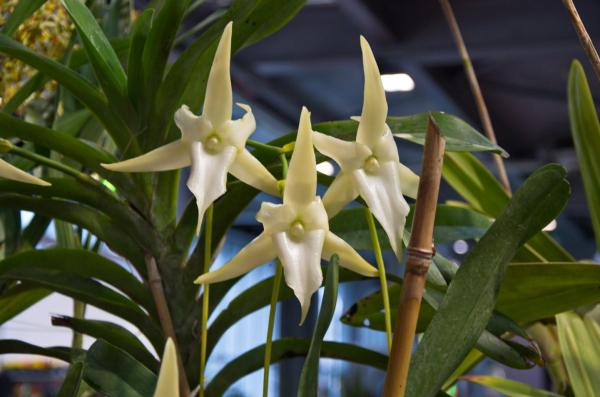
If you want to read similar articles to Flowers That Look Like Stars, we recommend you visit our Decorative plants category.






